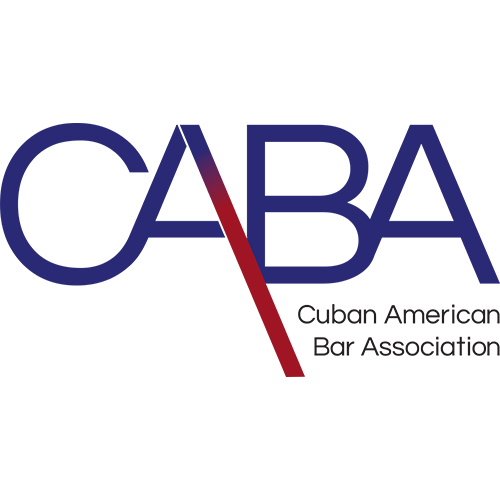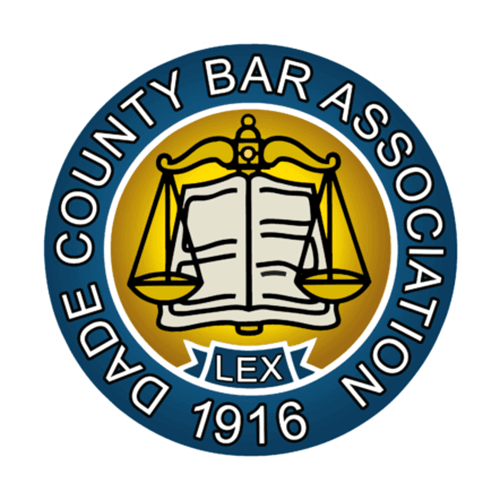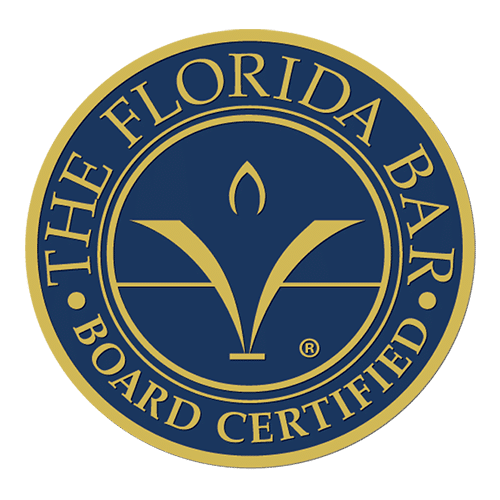Proving Negligence in Nursing Home Abuse Cases
If you or a loved one has been harmed while a nursing home resident, contact an attorney for advice about protecting your legal rights and seeking recompense for injury.
Nursing homes are institutions that furnish shelter, feeding, and care for sick, aged, or infirm persons. They are not strictly considered hospitals, in that they do not necessarily render medical treatment, but may be considered hospitals for certain purposes, depending on various laws that govern
their operation.
Federal regulations distinguish among four types of healthcare facilities, starting with those that offer the lowest level of nursing care, ” adult boarding facilities,” then ” residential care facilities,” ” intermediate care facilities, and finally, those that offer the highest level of nursing care, ” skilled nursing facilities.” Different standards apply depending on how an institution is classified. State and federal governments regulate skilled nursing facilities and intermediate care facilities, particularly with respect to their participation in Medicare and Medicaid. National standards for nursing homes serving as ” extended care facilities” are contained in the Federal Medicare Health Insurance Program for the Aged.
A resident in a nursing facility that participates in the Medicare program has the right, under statute, to be free from verbal, sexual, physical and mental abuse, and any physical or chemical restraint that is imposed for purposes of discipline or convenience, rather than to treat a medical condition. Restraints may be used upon the written order of a physician who specifies the duration and circumstances under which the restraints are to be used, but only to ensure the safety of the resident or other residents. The Secretary of Health and Human Services has the authority to specify circumstances in which emergency use of restraints is permitted until such an order can reasonably be obtained.
Under federal guidelines, each nursing facility must develop and implement written policies and procedures prohibiting mistreatment, neglect, or abuse of residents. Each facility must also insure that all alleged violations of the foregoing policies are immediately reported to the facility administrator or other officials, and must demonstrate that all alleged policy violations are thoroughly investigated. Additionally, they must prevent further potential abuse while an investigation is in progress, report investigation results to the administrator or other officials within five working days of the alleged incident and, if the alleged violation is verified, take appropriate corrective action.
A resident in such a nursing facility is entitled to receive verbal and written notice of the rights and services to which he or she is entitled during his/her stay in the facility. This notice must be given prior to or upon admission, and periodically throughout the resident’s stay, in a language the resident understands. The resident must acknowledge his or her receipt of such notice in writing.
If you or a loved one has been harmed while a nursing home resident, contact an attorney for advice about protecting your legal rights and seeking recompense for injury.
DISCLAIMER: This site and any information contained herein are intended for informational purposes only and should not be construed as legal advice. Seek competent legal counsel for advice on any legal matter.
Florida’s Nursing Home Resident Rights
Occupancy Rights
- Nursing home residents have the right to see family members, ombudspersons or other resident advocates, a victim of nursing home abusephysicians, service providers, and representatives of the state and federal governments.
- Residents may keep and use their personal possessions and clothing unless doing so would endanger health and safety.
- A nursing home must treat all individuals the same, regardless of whether they are private payers or Medicare or Medicaid recipients.
- Nursing home residents cannot be kept apart from other residents against their will.
- Residents have the right to raise grievances and have them resolved quickly.
- Residents may participate in social, religious, and community activities to the extent that they do not interfere with the rights of other residents.
- Residents cannot be required to deposit their personal funds with the nursing home, and if they request that the home manage their funds, the home must do so according to state and federal record-keeping requirements.
- Residents have the right to privacy, including in their rooms, medical treatment, communications, visits, and meetings with family and resident groups.
- Nursing home residents have the right to review the most recent state inspection report relating to the home.
- Residents must be given notice before their room or roommate is changed, and residents can refuse the transfer if the purpose is to move them from a Medicare bed to a Medicaid bed or vice versa.
- Residents have the right to stay in the nursing home and can only be removed if it is necessary for the resident’s welfare, the resident no longer needs the facility’s services, it is necessary to prevent harm to the health or safety of others in the facility, the resident fails to pay after reasonable notice, or the facility ceases to operate.
- Nursing home residents and their representatives have the right to thirty days’ notice of a proposed transfer or discharge, and they have the right to appeal.
- Nursing home residents returning from a hospital or therapeutic leave after expiration of the bedhold period have the right to be readmitted as soon as the first semi-private bed becomes available.
- Residents must be informed of their rights upon admission, and must be given their rights in writing if so requested.

Medical Rights
- Residents have the right to apply for and receive Medicare and Medicaid benefits and cannot be asked to leave a home because they receive such benefits.
- Residents have the right to keep their clinical and personal records confidential.
- Residents are entitled to lists of what services are paid by Medicare and Medicaid and the additional services for which the residents will be charged, plus the fees for those services.
- Nursing home residents have the right to choose their own personal physician.
- Residents have the right to be fully informed about their medical care.
- Residents have the right to participate in the planning of their care and treatment.
- Nursing home residents have the right to refuse treatment.
- Residents have the right to be free from mental and physical abuse.
- Residents cannot be tied down or given drugs to restrain them if restraint is not necessary to treat their medical symptoms.
- Residents have the right to review their medical records within twenty-four hours of making a request.
- Before transferring residents for hospitalization or therapy, the nursing home must inform them of the length of time that their beds will be held open for their return, called the ” bedhold period.”

Strangulation, Suffocation and Nursing Home Neglect
When people think of strangulation and suffocation, few would consider these to be accidents, especially when considering that they happen to people who have advanced in age. However, that’s exactly how these deaths tend to play out across the United States every year, as assisted living center staffs too often fail to properly monitor their residents such that this is the tragic result of that lack of oversight. It’s gotten to the point where there are even statistics being kept with regards to these incidents so that trends can be identified and perhaps additional actions can be taken.
Below you will find a brief overview of suffocation, strangulation and how they tend to occur in assisted living centers. You will also find a brief description of the emerging statistics that relate to this growing problem. Finally, you will find information regarding the potential actions that could be taken by someone who loses a loved one because of this type of an accident. Anyone who has lost a loved one already because of this problem needs to obtain the help of experienced Florida nursing home abuse lawyers as soon as possible.
As people become increasingly unable to move around as they get older, they tend to spend much more time in bed. This is generally thought of as the safest location for someone in this position, and they are further protected by the fact that these beds have rails in place that will prevent them from falling to the floor.
However, these cases of suffocation and strangulation do not necessarily occur because these products are defective. The only way that someone could suffer this terrible fate is if he or she is not being properly watched by a nursing home staff. The federal government has gotten involved with this issue by keeping track of the scope of the problem. To date, the government estimates that approximately two people every month are killed in assisted living centers across the country because of these accidents.
When a family loses a loved one because of neglect, the emotional fallout can be devastating for obvious reasons. If you and your family have had to endure this type of tragic loss because of neglect or abuse, you need to seek the help of Florida nursing home abuse lawyers who have been fighting for the rights of suffering families for many years. Contact Bernstein & Maryanoff today to schedule a free initial consultation.






